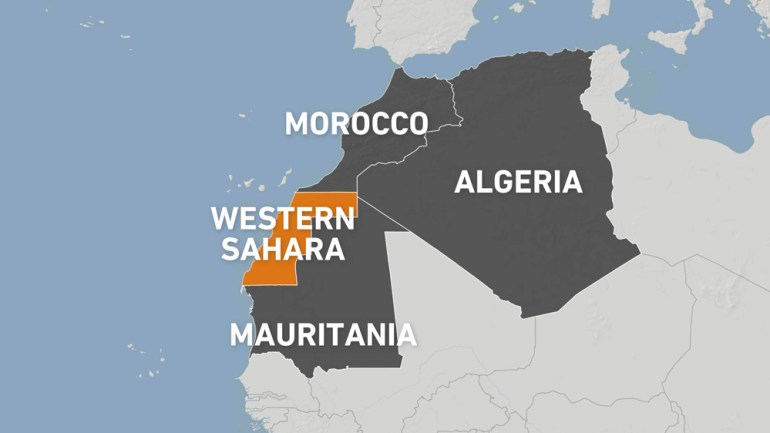Secret vote held after 13 African members could not agree on a candidate, as some criticise Rabat’s human rights record.
Morocco has won a vote to lead the United Nations Human Rights Council despite protests from South Africa that Rabat’s human rights record mean it is unfit to lead the council.
In a vote in Geneva on Wednesday, Morocco’s Ambassador Omar Zniber was elected council president after he received 30 votes, while his South African opponent, Ambassador Mxolisi Nkosi, secured 17.
It was Africa’s turn to take the presidency of the UN Human Rights Council, but because African nations could not agree on a candidate from among the 13 members, a secret ballot was conducted.
Following his success, Zniber said the council’s work was “so important and so fundamental: the promotion of, respect toward and guarantee of human rights as universally recognised”, according to a statement from the body.
Morocco also said it “sees a strong signal sent by the international community in favour of its constructive approach, and its unifying leadership on key subjects such as inter-religious dialogue, tolerance and the fight against racial hatred, the right to a healthy and sustainable environment, migrants’ rights and the impact of new technologies”.
Prior to the vote, Nkosi told the Reuters news agency that Morocco was the “antithesis of what the council stands for”.
“For a country with all these challenges to aspire to be the face of Human Rights Council, and God forbid if they get elected this will shatter whatever shred of legitimacy this council ever had,” he added, speaking on Tuesday.
Morocco, in response, accused South Africa and other African states of undermining its efforts to hold the prestigious but mostly symbolic position.
“The Kingdom’s election, supported by a large number of countries around the globe in spite of Algeria’s and South Africa’s efforts to counter it, demonstrates the trust and the credibility inspired by Morocco’s external actions,” the Morocco Ministry of Foreign Affairs said.
Western Sahara
Part of the dispute between the countries revolves around Morocco’s sovereignty claim over Western Sahara, where the Algeria-backed Polisario Front seeks independence.
Morocco has denied allegations of rights abuses against its opponents there.

While Rabat has been courting countries to back its sovereignty claims, it has yet to gain the support of South Africa, which helped organise an event in Geneva last year to promote the self-determination of the Sahrawi people.
Moroccan and international nongovernmental organisations (NGOs) have regularly condemned the repression of journalists, activists and human rights through the use of trials for common law crimes, particularly sexual offences, or through digital surveillance.
Morocco is also accused of using Pegasus spyware to hack the phones of journalists, activists and politicians, both Moroccan and foreign.
But authorities have refuted the claims, calling them “unjust and fantasist” allegations.
NGOs have also criticised the alleged persistent discrimination against women and minorities.
The UN Human Rights Council was established in 2006 and is tasked with protecting and promoting human rights around the world, and addressing violations.
Its presidency rotates each year between the five regional groupings.
The president mainly oversees council meetings, but is also in charge of appointing the independent experts who investigate countries’ alleged rights abuses, and can determine how hard to crack down on cases of state intimidation against those who cooperate with the body.
